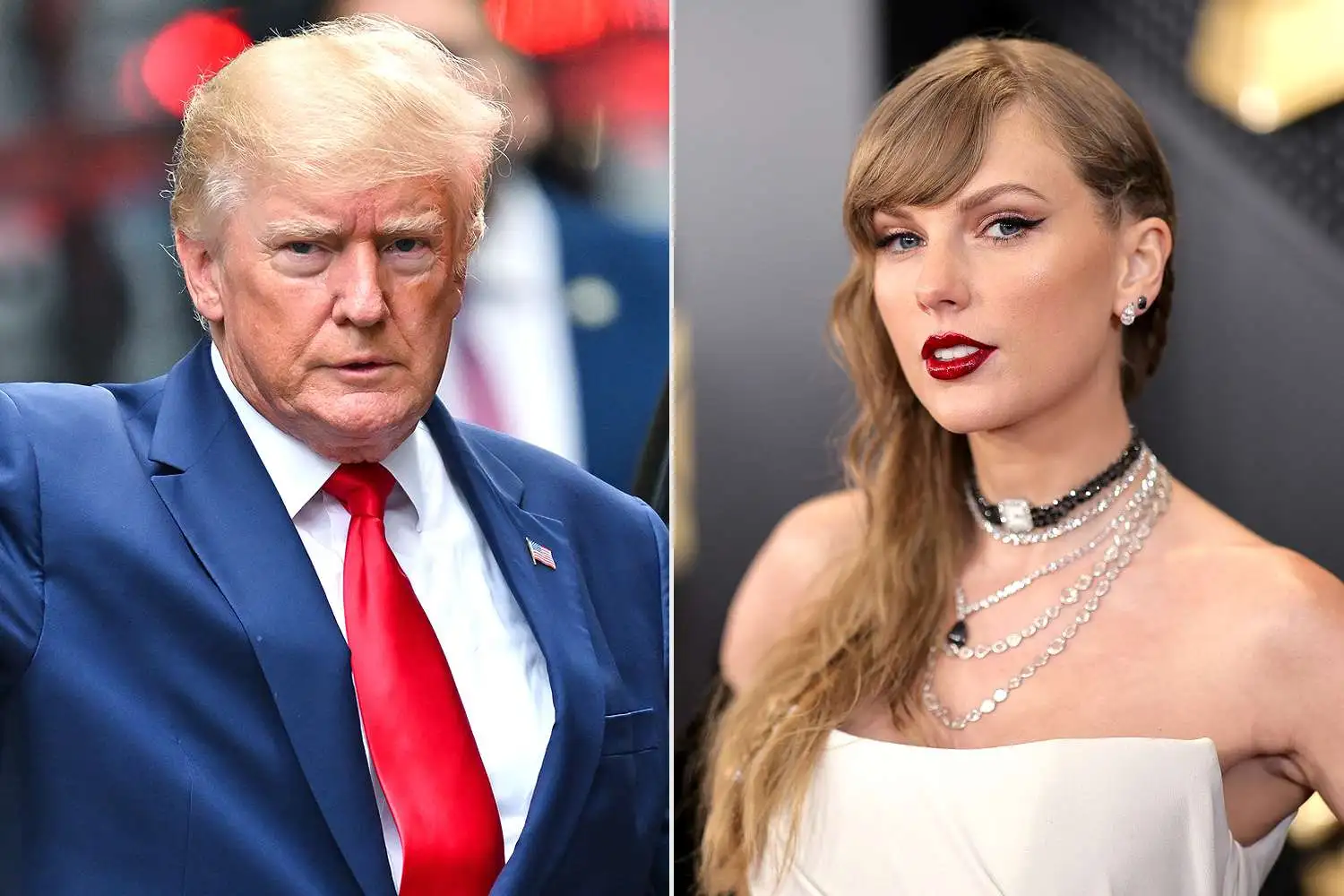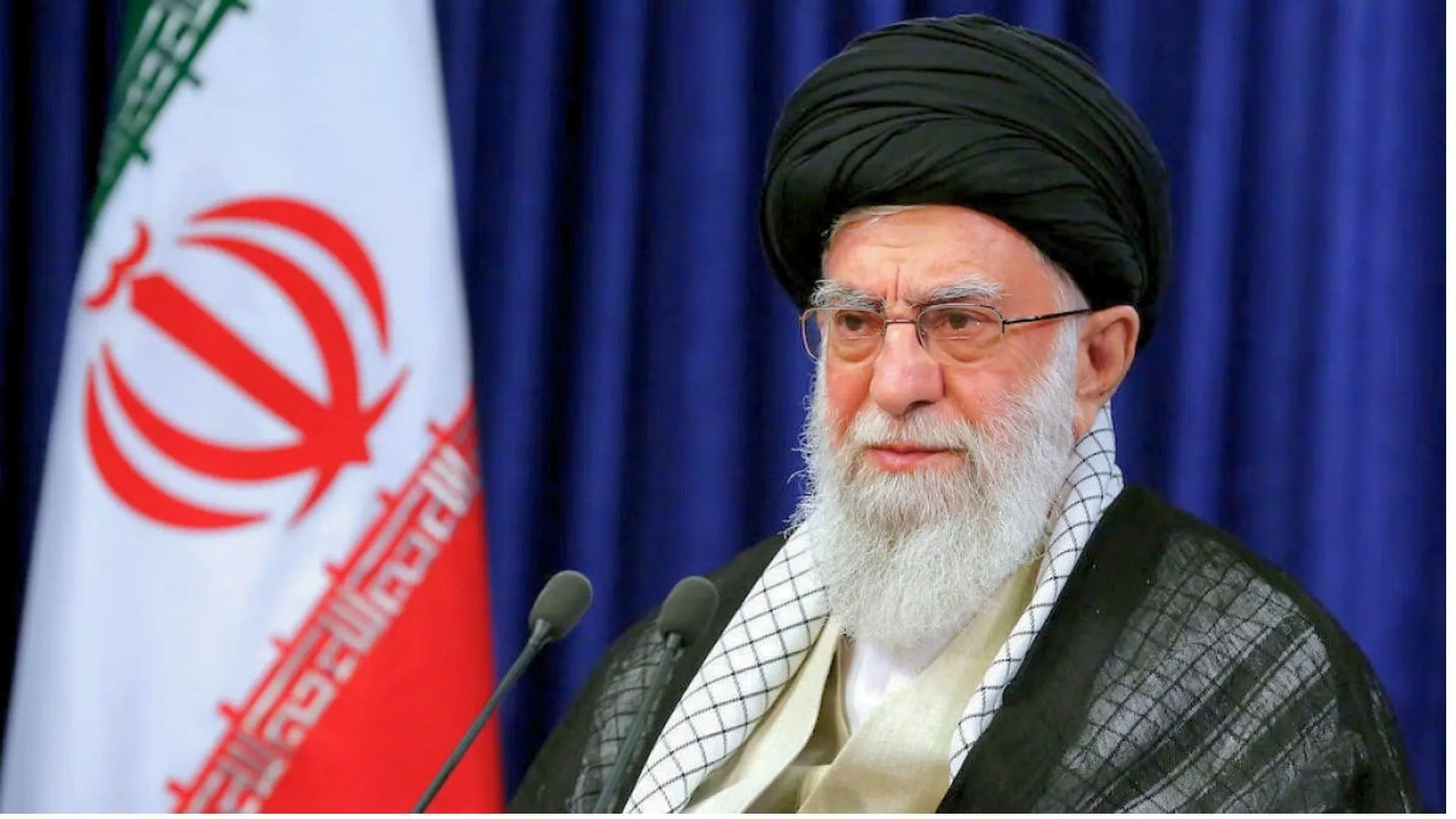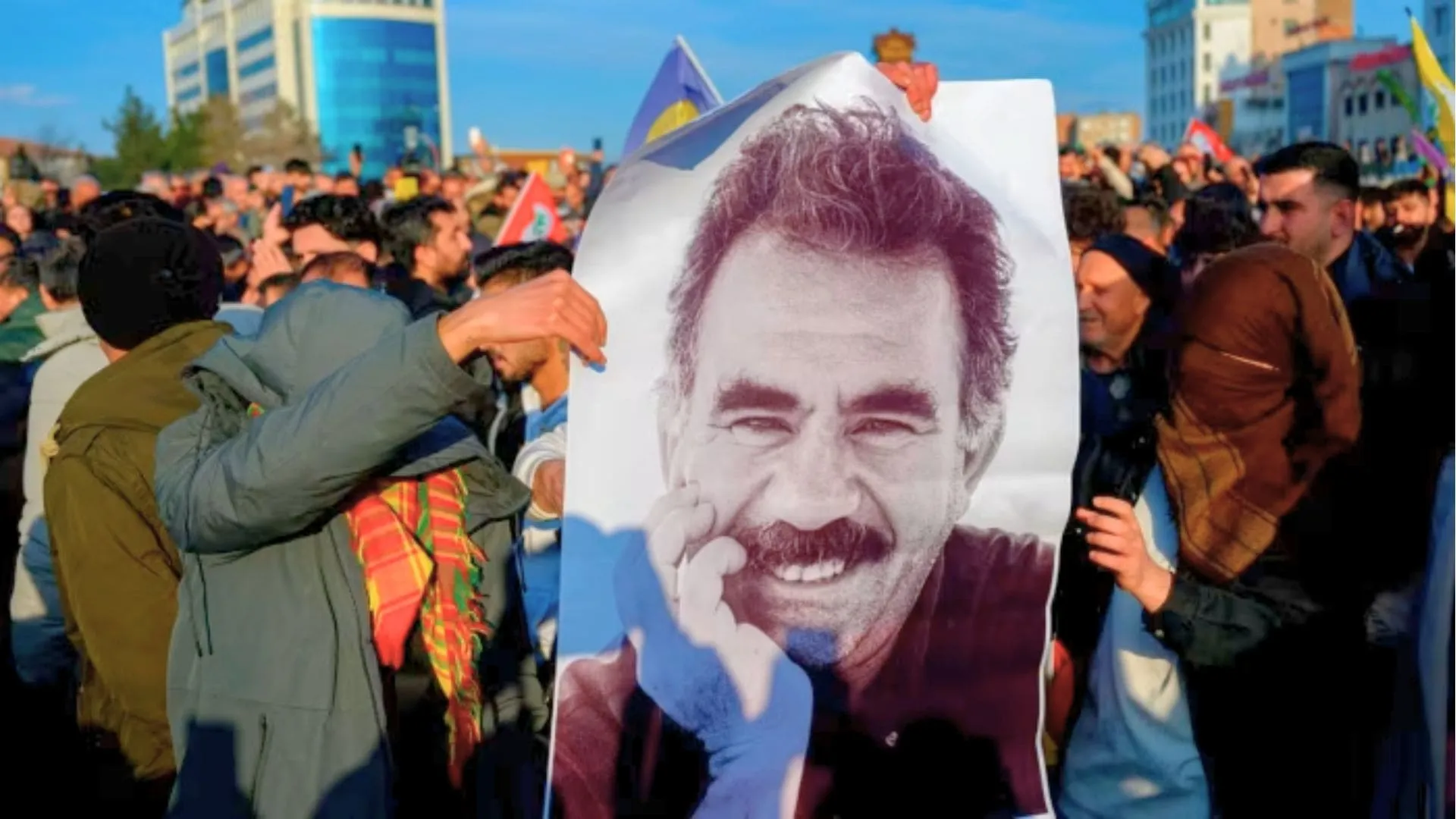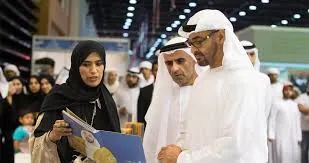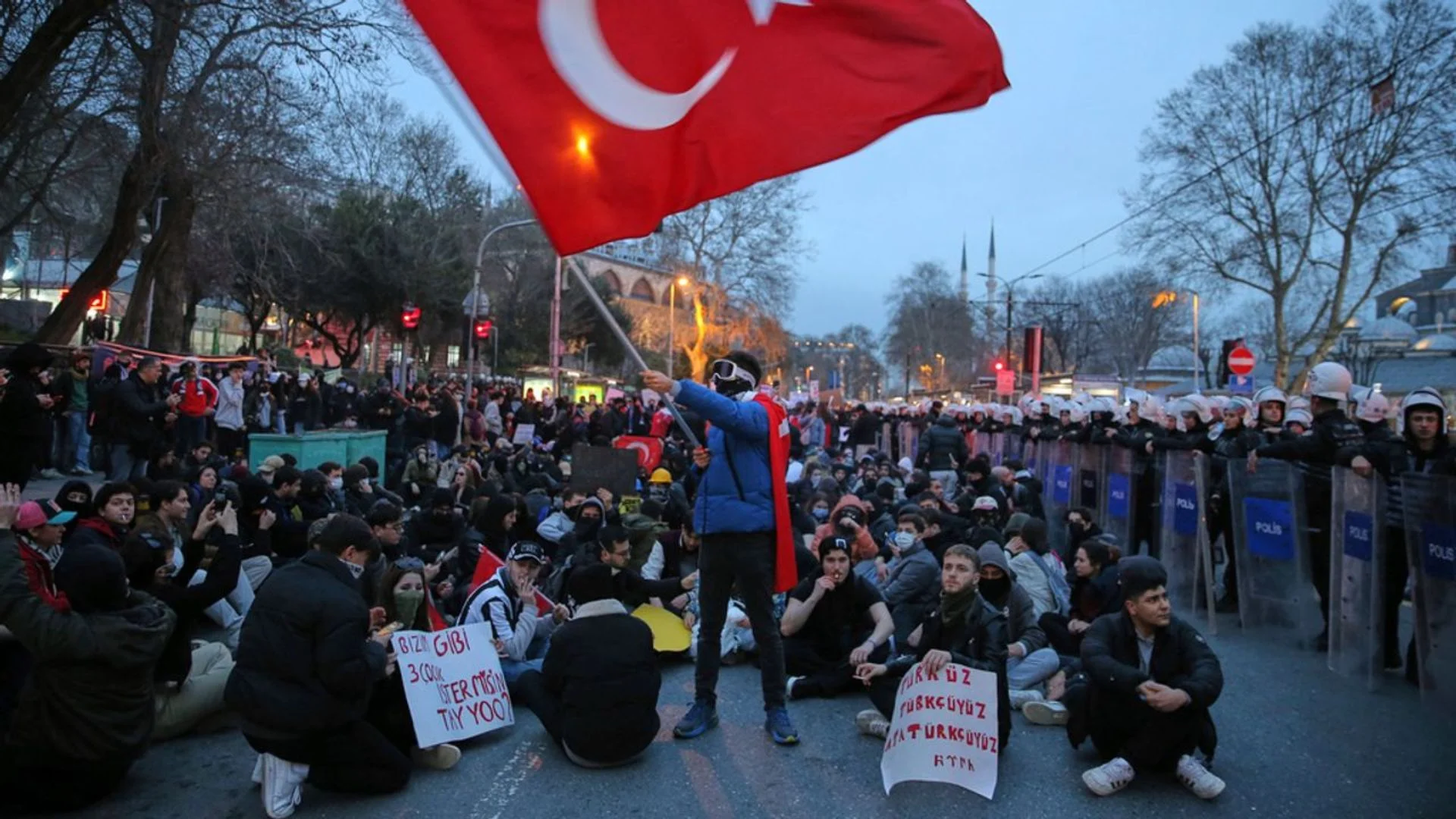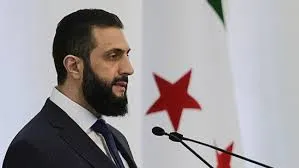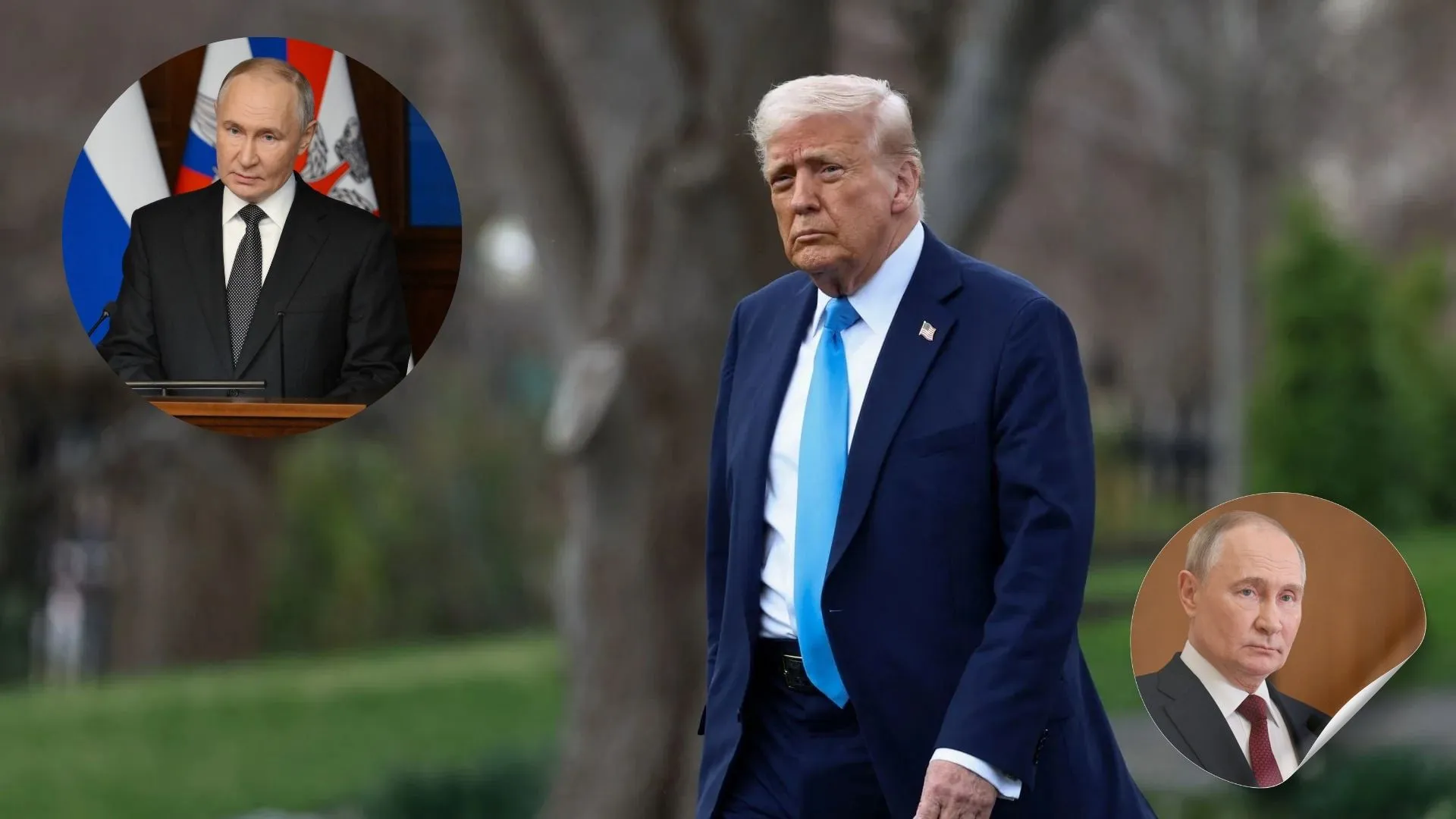Donald Trump has recently shared several AI-generated images on his Truth Social platform as part of his 2024 presidential campaign. These images include deepfakes of celebrities and political figures that blur the lines between parody and misinformation. The images depict Taylor Swift and her fans in “Swifties for Trump” shirts, as well as a portrayal of Swift dressed as Uncle Sam urging people to vote for Trump. Swift has not endorsed Trump, and these images were originally posted by rightwing accounts known for sharing misinformation.
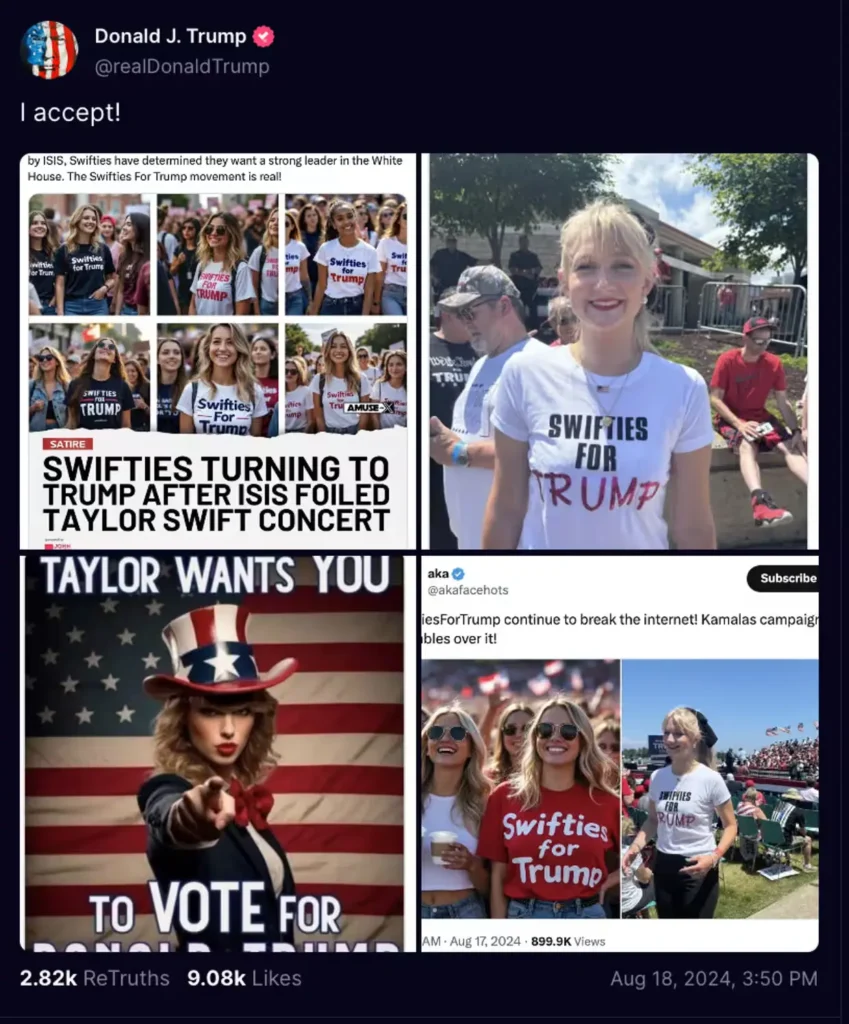
In addition to the Swift images, Trump also shared an AI-generated image of Vice President Kamala Harris at a purported communist military rally during the Democratic national convention, and a deepfake video of himself dancing with Elon Musk, who has endorsed him. These posts contribute to the spread of disinformation by using AI technology to create deceptive visual content.
— Donald J. Trump (@realDonaldTrump) August 18, 2024
— Donald J. Trump (@realDonaldTrump) August 15, 2024
The use of AI-generated images in political campaigns has raised concerns about the potential for such technology to spread false information and create confusion. AI-generated content has been used globally to troll opponents, fake endorsements, and produce deepfake audio to damage candidates. This trend is problematic because it can lead to widespread skepticism of all media, making it easier for politicians to dismiss genuine images, audio, or video as fake.
Despite safeguards in place by major AI image generators like OpenAI and Microsoft, which restrict the creation of images involving public figures and political content, some users have found ways to bypass these restrictions. For example, Elon Musk’s Grok image generator, released last week, can create a variety of images, including political and celebrity content, which has led to an increase in AI-generated political imagery.
The AI images of Trump, Swift, and Harris come amid broader concerns about the impact of generative AI on elections. For instance, earlier this year, AI-generated sexualized deepfakes of Swift caused controversy. Other Republican campaigns, such as Ron DeSantis’s bid for the GOP nomination, also used AI-generated imagery, including a fake image of Trump with Anthony Fauci. The Republican National Committee previously released an AI-generated attack ad against Joe Biden, depicting a dystopian scenario following his hypothetical election win.
The growing use of AI for creating disinformation highlights the ongoing challenges in the digital information landscape, particularly as the 2024 election approaches.

